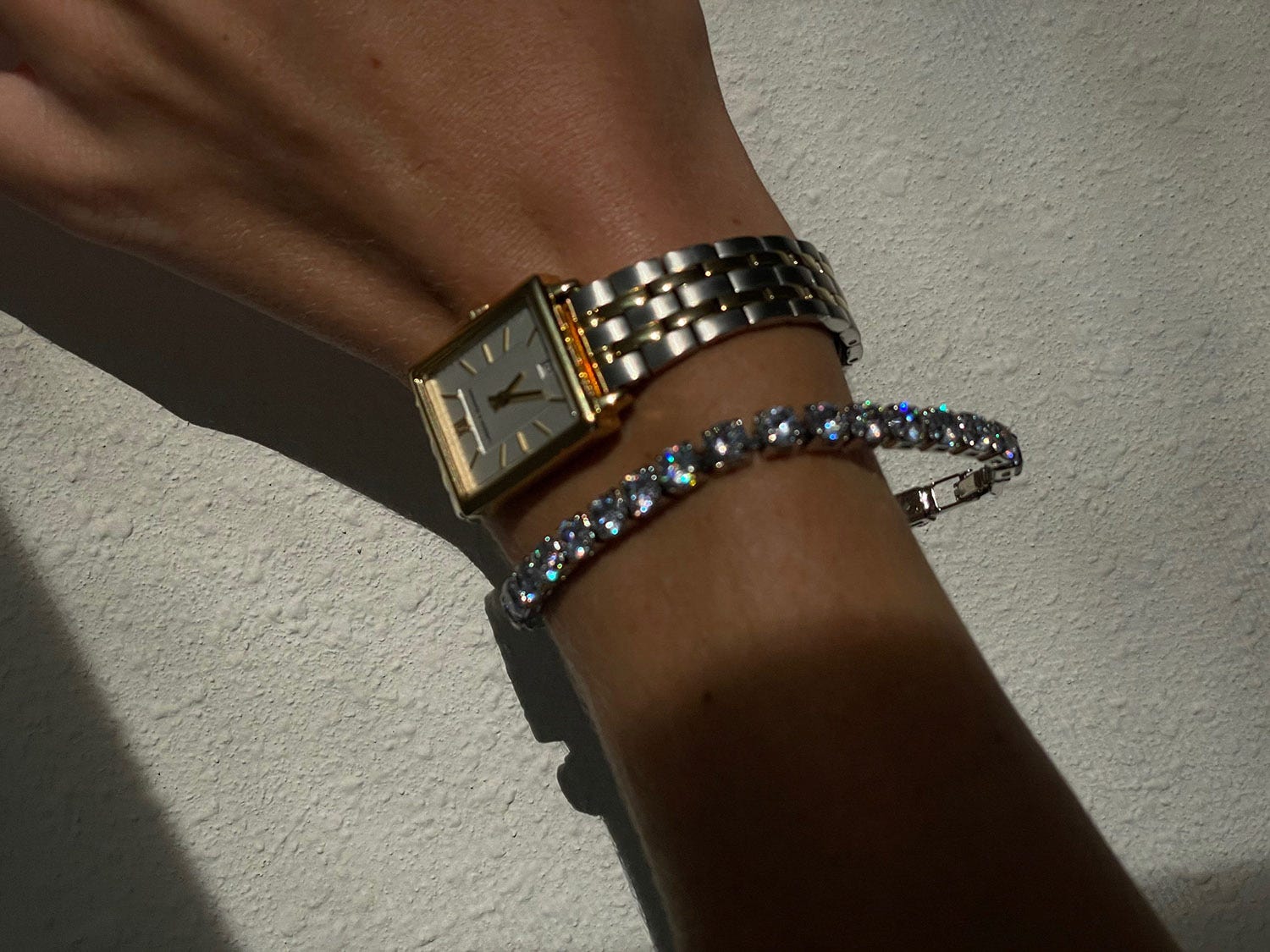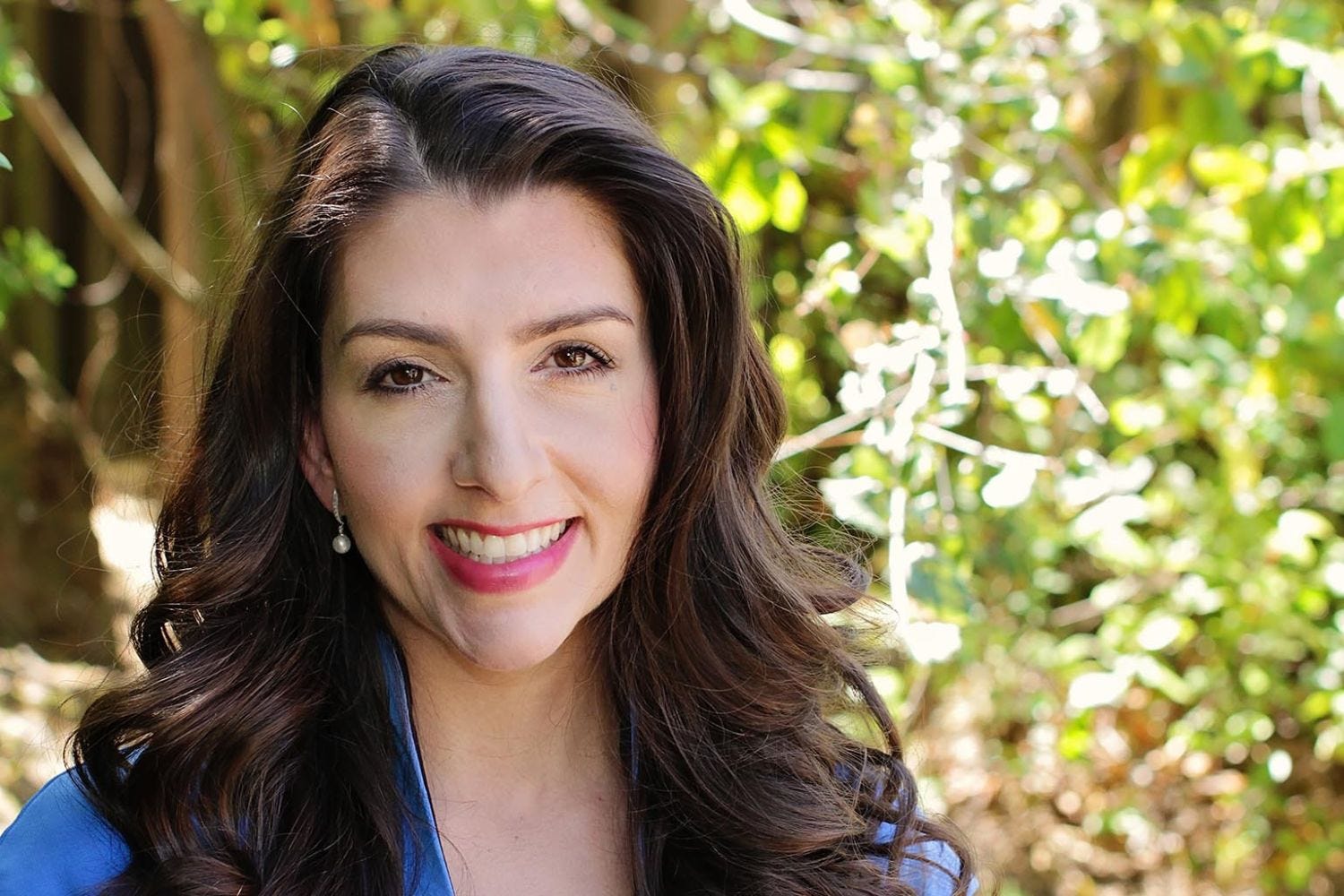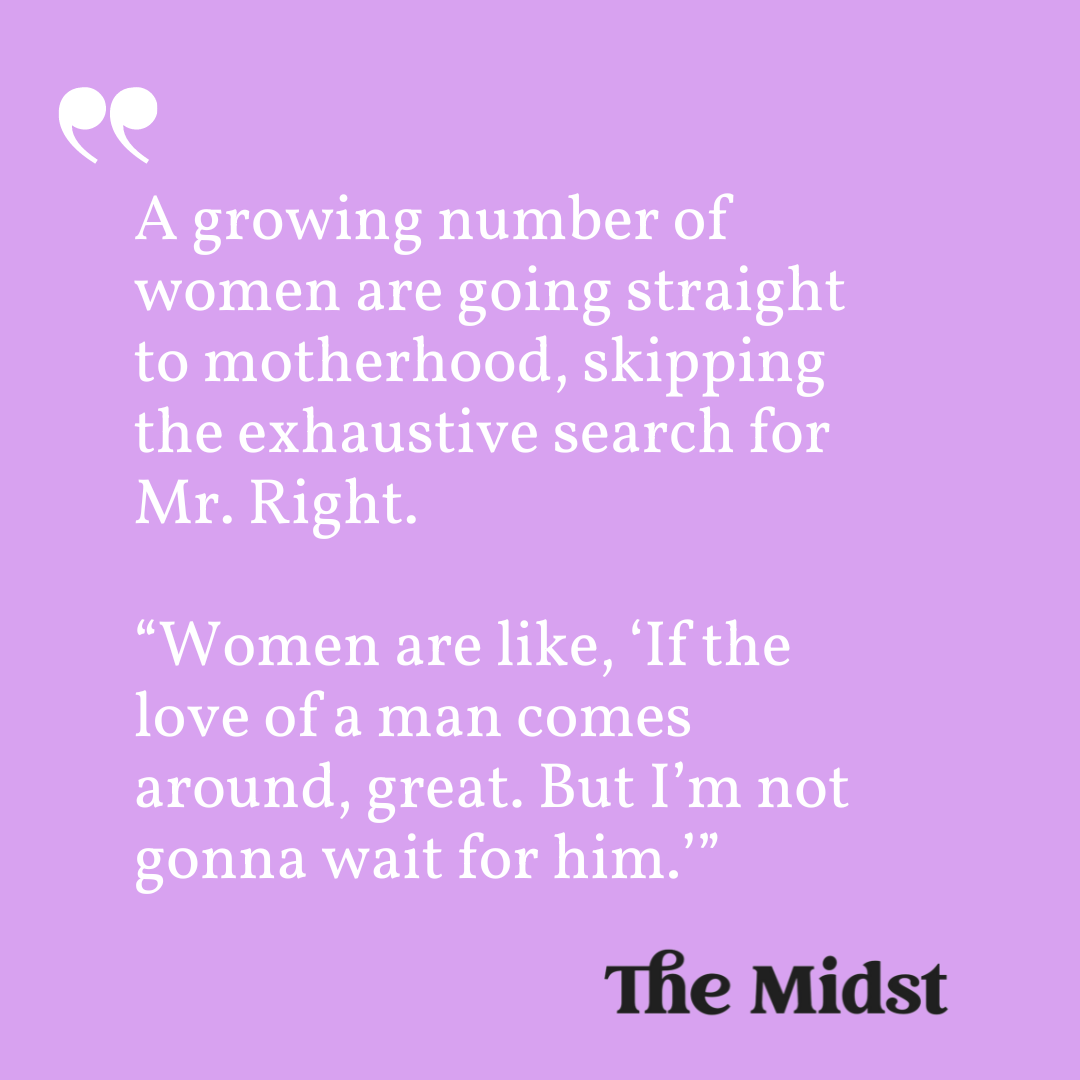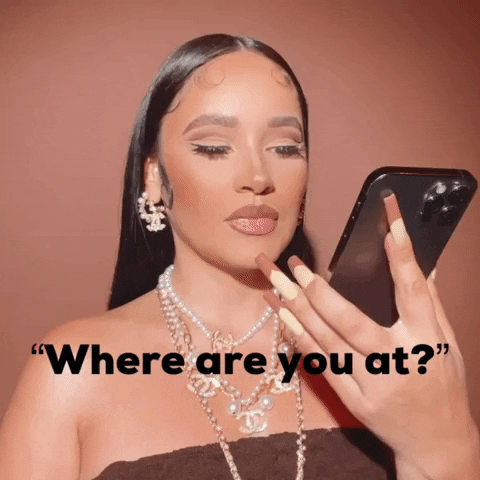Does your biological clock still matter?
PLUS: Not sure which perimenopause health platform is best for you? There's a database for that.
Does the biological clock still matter?
The Egg Whisperer weighs in
The 1970s were a decade of game-changing reproductive freedom. And pushback. And patronizing paternalism. Women who had kids were blamed for overpopulating the planet and those who didn’t were blamed for wasting their fertility. For women who struggled with having a baby and a career, that was their own damn fault — they’d been warned.
From its inception, the analogy of a biological clock was used to scare, guilt, and tell women: It’s all on you and all your fault. The term was coined in a 1978 Washington Post editorial written by Richard Cohen titled, “The Clock is Ticking for the Career Woman.” Despite claiming that women won their fight for equality (really?), Cohen declared, “This is where liberation ends.” There was no explanation on the biology. And zero discussion on why motherhood was harder than it needed to be.
Fifty years later, it feels like the ’70s are on permanent rerun. Roe’s been reversed. Stepford wives are now “trad” ones. A new generation of girls are being inflicted with anxiety-provoking sexist standards. And women are often still playing a game of fertility musical chairs, trickily timing childbearing around work demands, and never-enough finances, all while under the threat of an unforgiving ovarian ticking clock.
But there’s no debating — reproductive technologies have advanced. In 1978, the very first “test tube baby” was born via IVF. Today, more than 2% of babies born in the U.S. are IVF-conceived. Egg freezing is opening up new options.
So, does the biological clock still matter?
To give you the latest on today’s changing reproductive landscape, we talked to Dr. Aimee Eyvazzadeh, a.k.a. the Egg Whisperer — a highly sought-after fertility doctor practicing in the San Francisco Bay area. Eyvazzadeh is internationally known as a visionary reproductive endocrinologist, dedicated fertility advocate, and caring obstetrician and gynecologist.
Not sure which peri/menopause care platform is right for you?
There’s a database for that
Our friend Esther Sedgwick of Mad Alice was so frustrated about spending $3,000 to get a perimenopause diagnosis, she created this handy database to help other women avoid the same arduous process.
From Midi Health to Winona and Evernow, this hormone health database bullet-points the costs, treatment approaches (they vary!), whether they prescribe hormones, and more.
We want to see your beautiful faces and get to know you! Which is why we are starting to plan to host events in IRL. But we need to hear from you about where the events should take place.
From Bangor, Maine, to the Bay Area in California, our community members are sounding off their locations to help us make sure we are planning events in the cities where our MidstHers are located. (As a reminder, The Midst chats are only accessible for subscribers, so only current Midst community members can see answers and respond.) — Tiffany Nieslanik
Let’s talk about Grown-Ass Lady stuff here…
• The Midst Substack Chat
• The Midst on Instagram
• The Midst on LinkedIn
• The Midst on Facebook
• The Midst on Twitter/X












